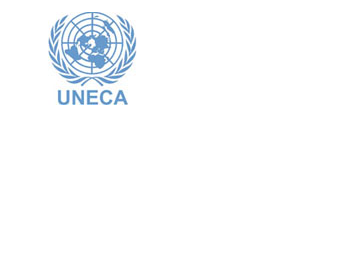Siren of the financial meltdown talks at Harvard Book Store
Thanks to a lack of Valentine’s day plans, I was fortunate enough to be able to go listen to Dambisa Moyo speak at the quaint Harvard Book Store about her new book How the West Was Lost; in her own terms, this is a thematic continuation of her New York Times bestseller Dead Aid in that it discusses how unintended consequences can arise from good intentions.
Moyo’s succinct talk focused on the three economic factors she believes are crucial in discussing countries’ economic growth: capital, labor and productivity. She discussed the differences between China’s economic policy and that of the United States, and used China as a current example of why economic growth does not necessarily need democracy to occur.
What really connected with the goals of our lab came from a question asked during the Q&A section on how Moyo views China’s foreign direct investment in African countries. Her response was that China’s investment has managed to stimulate the economies of these developing nations much more significantly than the traditional aid given to the region by other countries such as the US, and non-profit organizations. Regardless of the perhaps more selfish motives China may have in its FDI in Africa, it is effective in building roads, providing electricity, and deceasing unemployment in the countries it invests in. In other words, regardless of China’s purely financial purpose, they have managed to cause some tangible changes, that regular aid has not truly managed to do.
The acclaimed author went on to discuss problems in education, and how the new generation of US students may be falling behind in Math and Science compared to that of developing nations such as China. She continued by addressing the importance of innovation within the US, as this is one factor it definitely still has an edge in. However, what about the scores of promising scholars coming to the states to study and research novel areas of science, only to take their innovations back to their own countries upon completion of their degrees? If these are developing nations, then there is probably nothing better: these educated people, can introduce not only concrete knowledge, but also the concept of innovation, to their own countries. By doing so, the problem of “dead aid” is removed, and developing nations can begin their path to self-sufficiency.
The powerful, thought-provoking messages Moyo gave to an intimate group of us in the cozy bookstore definitely had me leaving deep in thought.
By Shahar Torton













March 11, 2011
I’d be inclined to see eye to eye with you one this subject. Which is not something I usually do! I love reading a post that will make people think. Also, thanks for allowing me to comment!
March 22, 2011
It’s a lot like “Teach a man to fish”. Give people the tools and they will do great things, give them an item and that is the end of it.